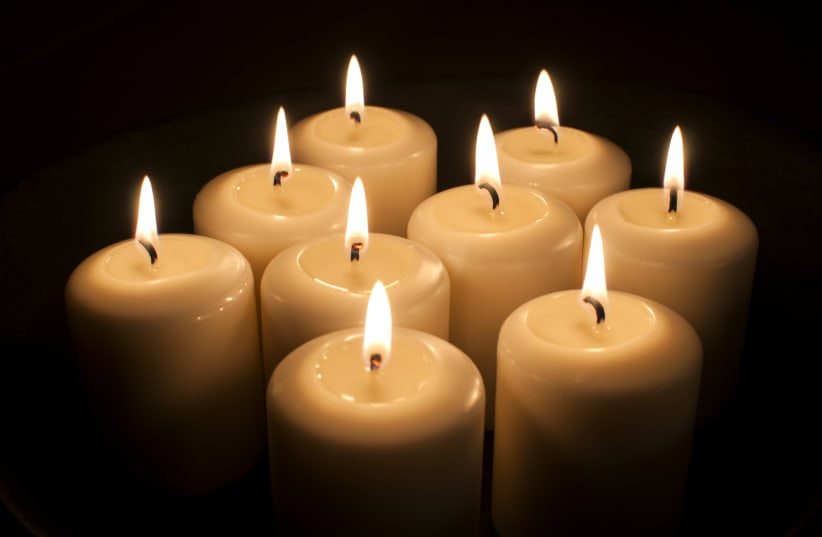“Holocaust remembrance is becoming increasingly challenging due to the passing of more and more survivors, so we need to be extra careful to ensure that this year is marked with an appropriate observance that takes the obvious challenges into account,” explains Rabbi David Stav, Founder and Chair of Tzohar.
Tzohar is calling upon people to hold individual commemorations in their homes which will be marked by lighting six memorial candles followed by the recitation of the “Kel Maleh” memorial prayer and Nizkor, a poem written by Abba Kovner. Kovner survived the Vilna Ghetto and fought as a partisan before becoming one of the most respected poets of modern Israel. The texts can be found on Tzohar’s website.
“The Shoah represents the worst of national tragedies for the Jewish people in modern times and therefore demands to be recognized in a formal way that is in line with traditional modes of Jewish practice and memorial,” Rabbi Stav says. “Our hope is that what will begin this year under these difficult circumstances will become accepted throughout Jewish communities all around the world for years to come and serve as a fitting way to remember and mourn.”
